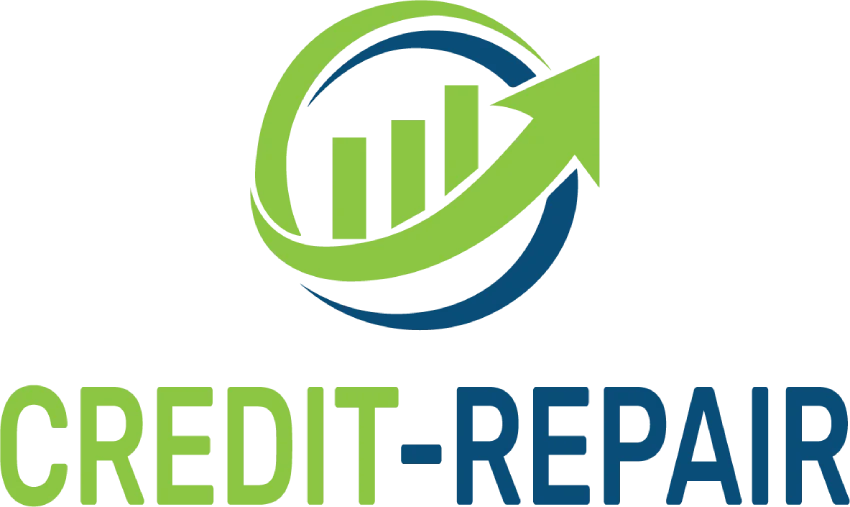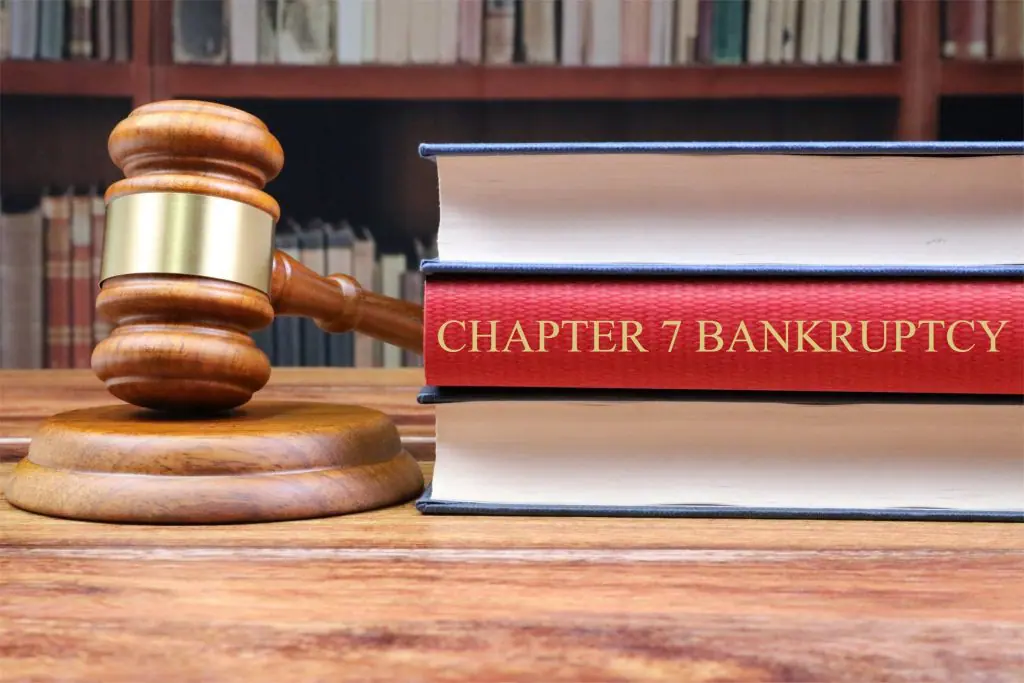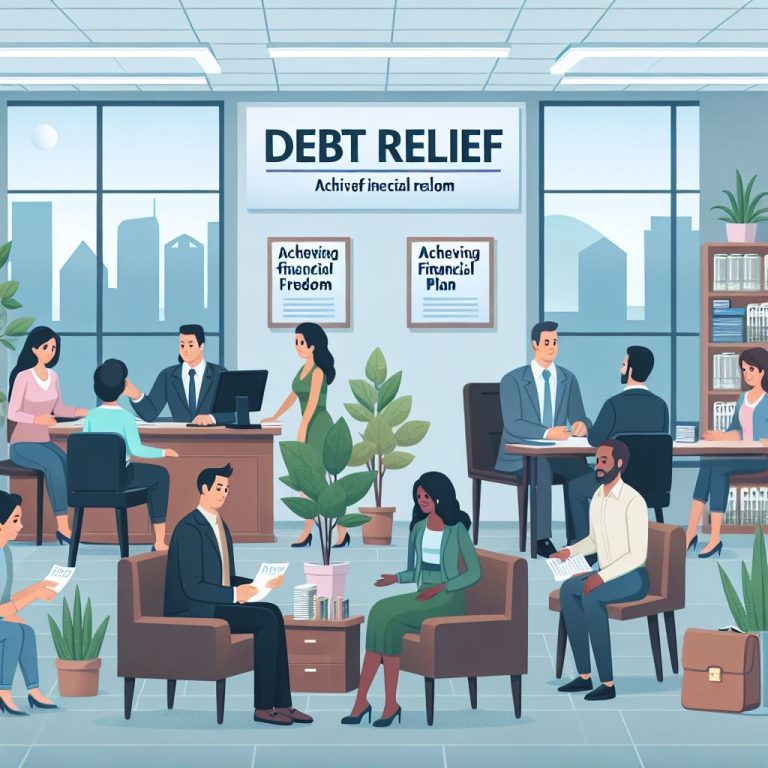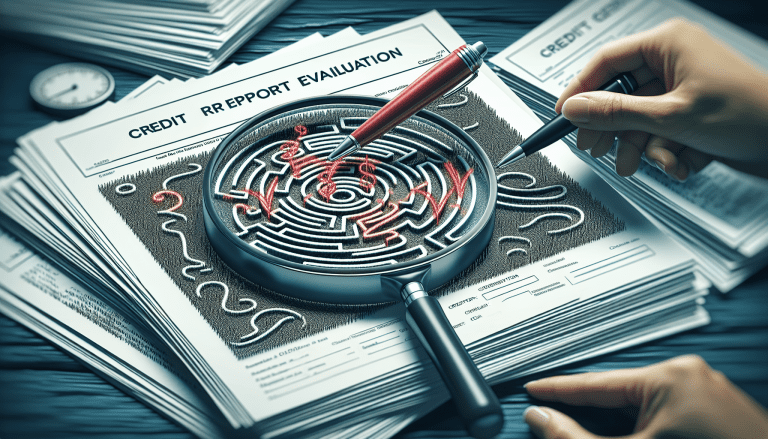Are you considering filing for Chapter 7 bankruptcy? The question then becomes how long it will take. While there is no one-size-fits-all answer, as every case is different, understanding the general timeline can help you prepare for what’s to come. In this article, we’ll go over the key steps in a Chapter 7 bankruptcy case and explain how long each one typically takes.
What is Chapter 7 bankruptcy?
Chapter 7 bankruptcies is a type of bankruptcies that allows individuals to discharge most of their unsecured debts. In exchange, they may be required to surrender some of their assets, which will be sold to repay their creditors. Not everyone is eligible for Chapter 7 bankruptcy, and it may not be the best option for everyone, so it’s important to consult with an attorney before making any decisions.
How long does it take to prepare for bankruptcy?
Before you can file for bankruptcy, you’ll need to gather all of your financial documents and complete a credit counseling course. This can take several weeks or even months, depending on how organized you are and how quickly you can gather the necessary paperwork.
How long does it take to file for Chapter 7 bankruptcy?
Once you’ve completed the necessary preparations, you can file for Chapter 7 bankruptcy with the court. The actual filing process usually only takes a few hours, but it can take several weeks or even months to prepare the petition and schedules that must be filed with the court.
How long does it take to complete the mandatory credit counseling course?
The mandatory credit counseling course typically takes about two hours to complete. However, it may take longer if you have questions or if you need to complete additional courses or counseling sessions as part of your bankruptcies case.
How long does it take for the bankruptcy trustee to review your case?
After you file for bankruptcy, a bankruptcy trustee will be assigned to your case. The trustee’s job is to review your petition and schedules, as well as any other documents you’ve submitted. This process can take several weeks or even months, depending on how complex your case is and how many assets and debts you have.
How long does it take to attend the meeting of creditors?
The meeting of creditors is a hearing that takes place about a month after you file for bankruptcy. During this meeting, you’ll meet with your trustee and any creditors who choose to attend. The meeting usually only lasts about 10-15 minutes, but you should plan to be there for at least an hour in case there are any delays.
How long does it take to receive a discharge?
If everything goes smoothly, you should receive a discharge of your debts within three to six months of filing for bankruptcy.
What factors can affect the timeline of a Chapter 7 bankruptcy?
Several factors can affect how long a Chapter 7 bankruptcy case takes, including:
- The complexity of your case
- The number of assets and debts you have
- Whether any creditors challenge your discharge or your exemption claims
- Whether the bankruptcies court has a backlog of cases or is understaffed
- Whether you have any outstanding issues with the IRS or other government agencies
Can you speed up the process?
In some cases, you may be able to speed up the process of your Chapter 7 bankruptcy case by:
- Being organized and responsive to your attorney and the bankruptcies trustee
- Completing all required paperwork and counseling courses as quickly as possible
- Negotiating with your creditors to settle debts before or during bankruptcies proceedings
- Paying any outstanding taxes or resolving other government-related issues before filing for bankruptcy
Also read about Types of Bankruptcy and How it works
How can an attorney help speed up the process?
An experienced bankruptcies attorney can help you navigate the Chapter 7 bankruptcies process and minimize any delays or complications. They can also help you negotiate with your creditors and represent you in court if necessary. By hiring an attorney, you can increase your chances of a smooth and timely bankruptcies case.
What happens if your case is dismissed?
If your Chapter 7 bankruptcy case is dismissed, you may be able to refile at a later time. However, you may be subject to certain restrictions or penalties if your case was dismissed for certain reasons, such as fraud or failing to comply with court orders.
How long does bankruptcy stay on your credit report?
Your credit record may show that you filed for Chapter 7 bankruptcies for up to 10 years after the fact. However, the impact on your credit score may decrease over time as you rebuild your credit and demonstrate responsible financial behavior.
How can you rebuild your credit after bankruptcy?
If you’ve recently filed for bankruptcy, you are looking to:
- Obtain a secured credit card or loan and make timely payments
- Use credit only when absolutely necessary.
- Challenge any discrepancies you see in your credit report.
- Consider credit counseling or financial coaching to improve your money management skills
Get a Credit Repair Service
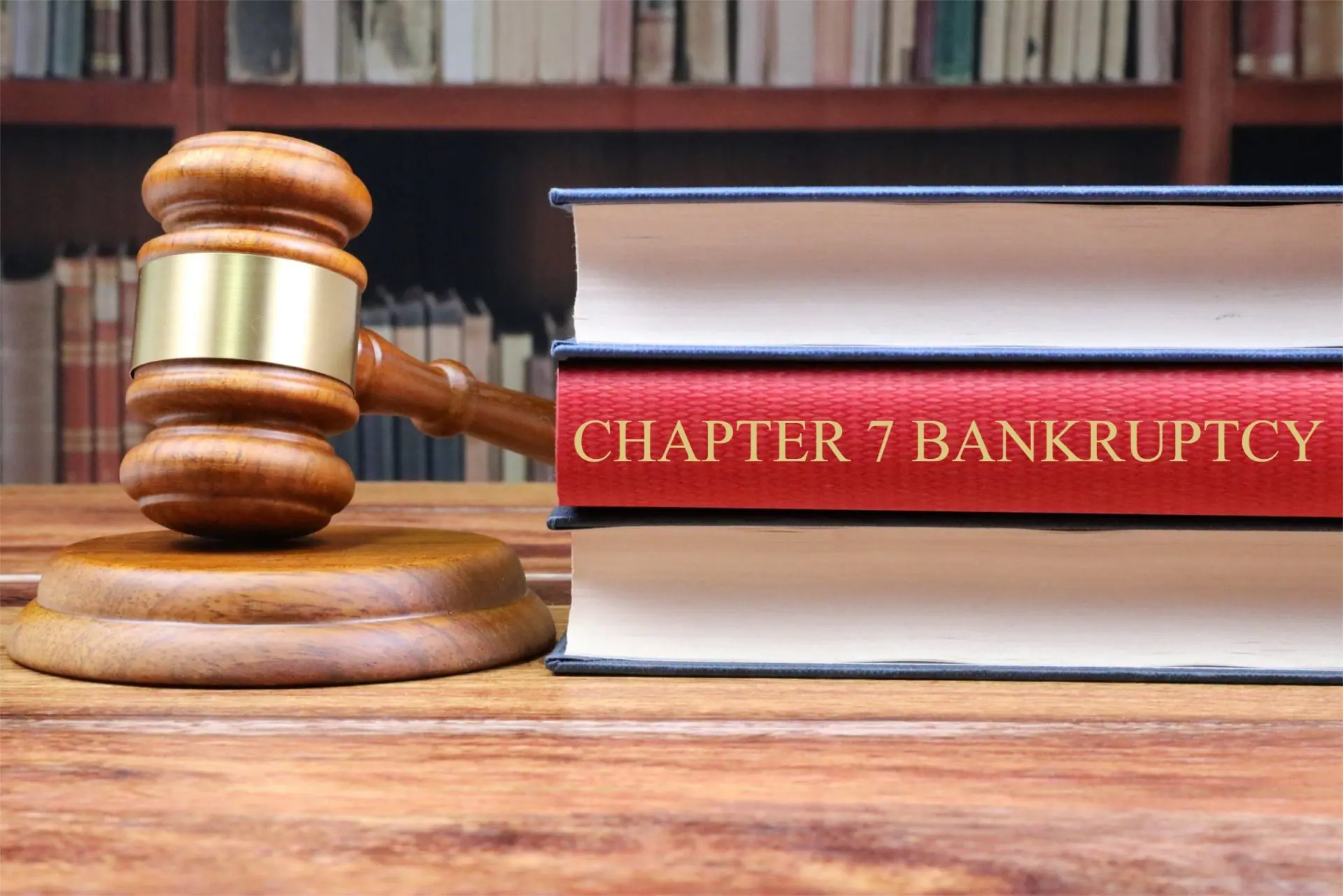
How can you avoid bankruptcy in the future?
To avoid bankruptcies in the future, you should:
- Make and follow a spending plan
- Build an emergency fund to cover unexpected expenses
- Avoid taking on too much debt or using credit for non-essential purchases
- Seek help from a financial advisor or credit counselor if you’re struggling to make ends meet
Filing for bankruptcy can be a complex and time-consuming process, and individuals considering Chapter 7 bankruptcy often want to know how long the entire process will take. Unfortunately, there is no one-size-fits-all answer to this question, as the timeline can vary depending on various factors. In general, however, a Chapter 7 bankruptcy can take anywhere from three to six months to complete.
Chapter 7 Bankruptcy
Chapter 7 bankruptcy, also known as liquidation bankruptcy, is a form of debt relief that allows individuals to discharge most of their debts and start fresh. It is important to understand the basics of Chapter 7 bankruptcy to have a clearer picture of the timeline involved.
In a Chapter 7 bankruptcy, a trustee is appointed to oversee the process. The trustee’s role is to review your financial information, liquidate any non-exempt assets, and distribute the proceeds to your creditors. This process typically takes a few months to complete.
During the bankruptcy process, an automatic stay is put into place. This means that creditors cannot take any further action to collect on your debts while the bankruptcy is ongoing. This provides individuals with much-needed relief and allows them to focus on their financial recovery.
We will delve into the factors that can affect the duration of a Chapter 7 bankruptcy and provide more specific details on each stage of the process.
Factors that Impact the Duration of Chapter 7 Bankruptcy
While the average time it takes to complete a Chapter 7 bankruptcy is a few months, the actual duration can vary based on several factors. It is essential to understand these factors to have a better idea of how long your specific bankruptcy case might take.
Complexity of Your Case:
The simplicity or complexity of your financial situation can impact the timeline. If your case involves numerous creditors, significant assets, or complex legal issues, it may take longer to complete.
Accuracy and Completeness of Documentation:
Providing accurate and complete financial documentation to the trustee is crucial. Any delays in submitting the necessary paperwork, such as income statements and tax returns, can prolong the process.
Response Time:
Timely response to inquiries and requests from the trustee is vital. Failure to provide requested information promptly can lead to delays in the bankruptcy proceedings.
Meeting of Creditors: A meeting of creditors, also known as a 341 meeting, is scheduled during a Chapter 7 bankruptcy. The availability of a hearing date and how quickly it can be scheduled can impact the overall timeline.
Potential Objections:
If there are any objections raised by creditors or the trustee, the resolution of these issues can extend the duration of your bankruptcy case.
Understanding these factors can help you navigate through the Chapter 7 bankruptcy process more efficiently. In the next section, we will provide more detailed information about each stage of the Chapter 7 bankruptcy process, including what to expect and how long it typically takes.
The Timeline and Process of Chapter 7 Bankruptcy
We will delve into the timeline and process of Chapter 7 bankruptcy, providing you with a comprehensive understanding of what to expect and how long each stage typically takes.
Pre-Filing Requirements:
Before filing for Chapter 7 bankruptcy, you must complete credit counseling within 180 days. This counseling session typically lasts around 60-90 minutes.
Filing the Bankruptcy Petition:
Once you have completed the credit counseling, you can proceed with filing your bankruptcy petition. This involves gathering all the necessary documentation and submitting it to the bankruptcy court. The filing fee is $335.
Automatic Stay:
Upon filing your bankruptcy petition, an automatic stay goes into effect, halting all collection efforts, including lawsuits, wage garnishments, and foreclosure proceedings.
Meeting of Creditors:
Approximately 20-40 days after filing, you will attend the meeting of creditors, also known as the 341 meeting. This is an opportunity for the trustee and your creditors to ask you questions about your financial situation.
Liquidation and Discharge:
In Chapter 7 bankruptcy, your non-exempt assets are liquidated, and the proceeds are used to repay your creditors. Any remaining eligible debts are discharged, typically within 60-90 days after the meeting of creditors.
Common Delays and Challenges in Chapter 7 Bankruptcy Cases
One common delay is the incomplete or inadequate documentation provided by the debtor. The bankruptcy court requires extensive financial information, including income, expenses, assets, and debts. Failing to gather and submit the required documents accurately and on time can significantly delay the proceedings.
Another potential challenge is objections from creditors or the bankruptcy trustee. Creditors may contest the dischargeability of certain debts or raise concerns about fraudulent transfers or preferential payments. The trustee, on the other hand, may question the debtor’s eligibility or request additional information or documentation.
Additionally, complications can arise if the debtor has complex financial affairs or significant assets. The liquidation process may take longer if there are numerous and valuable non-exempt assets that need to be evaluated and distributed among creditors.
It’s crucial to address these issues promptly to keep your bankruptcy case on track. In the next section, we will provide tips and strategies to help you overcome these challenges and ensure a more efficient Chapter 7 bankruptcy process. Stay tuned!
Strategies to Expedite the Chapter 7 Bankruptcy Process
We will provide you with strategies to expedite the Chapter 7 bankruptcy process and ensure a more efficient resolution. By following these tips, you can help minimize delays and navigate through your case more smoothly.
Organize and gather all required documents:
Start by compiling all the necessary financial information, including income statements, tax returns, bank statements, and proof of assets and debts. Ensure that everything is accurate and up-to-date before submitting them to the bankruptcy court. This will help prevent any delays caused by incomplete or inadequate documentation.
Respond promptly to requests:
If the bankruptcy trustee or creditors request additional information or documentation, make it a priority to respond promptly. Meeting deadlines and providing the required information in a timely manner will help keep your case moving forward.
Consider professional assistance:
Hiring an experienced bankruptcy attorney can greatly expedite the process. They understand the complexities of bankruptcy law and can guide you through the necessary steps efficiently. They can also handle any objections from creditors or the trustee, reducing the chances of delays.
Stay proactive throughout the process:
Regularly communicate with your attorney and stay informed about the progress of your case. By actively participating and staying on top of deadlines and requirements, you can help ensure a smoother and faster Chapter 7 bankruptcy process.
Conclusion
In conclusion, the length of a Chapter 7 bankruptcy case can vary depending on several factors, including the complexity of your case, the number of assets and debts you have, and how organized and responsive you are throughout the process. However, with the help of an experienced bankruptcies attorney, you can increase your chances of a smooth and timely bankruptcies case.
Table of Contents
Get Your Credit Repaired With credit-repair.com
Google Review:
or
WHY CHOOSE US
We also would counsel you on real, legal, and ethical credit repair for clients rebuilding their life and credit ratings after hardship. Achieving financial freedom is the ultimate dream allowing you to live the life you want to enjoy. Get the help of a professional credit repair company by contacting us.
Our credit restoration services are tailored to your unique situation, and we never make you pay for anything you don’t need. When you sign up for either our Essentials or Essentials Plus packages, you can rest assured that you’ll be receiving the bare minimum of care necessary for your specific situation. You can opt for additional customization options to further tailor our offerings to your specifications. In this manner, you won’t overpay for perks you don’t use. This is the essence of adaptability.
